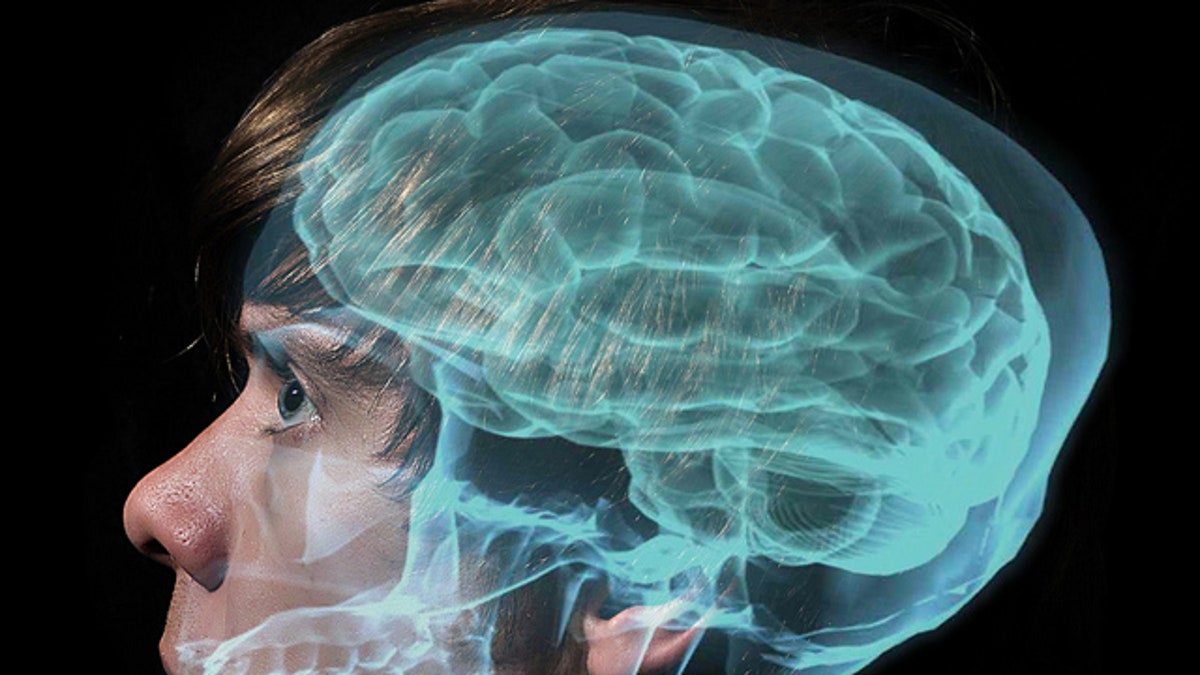
(Flickr/illuminaut)
Mind control? Telekinesis? ESP? A leading science journal wants to believe -- and it's causing a heck of a stir.
The Journal of Personality and Social Psychology, a 45-year-old monthly magazine that's one of the psychology world's most respected journals, will soon publish a paper presenting strong evidence for extrasensory perception -- the ability to sense future events -- reports The New York Times. And it's causing outrage among peers in the scientific world.
“It’s craziness, pure craziness. I can’t believe a major journal is allowing this work in,” said Ray Hyman, an emeritus professor of psychology at the University of Oregon and longtime critic of ESP research. “I think it’s just an embarrassment for the entire field.”
Others argue that top journals often publish papers merely because they are attention grabbing. Eric-Jan Wagenmakers, a psychologist at the University of Amsterdam, told The Times that ESP "should undergo more scrutiny before it is allowed to enter the field."
The paper describes nine unusual lab experiments performed over the past decade by its author, Daryl J. Bem, a Cornell University professor, testing the ability of college students to accurately sense random events, such as whether a computer program will flash a photograph on the left or right side of its screen. The studies include more than 1,000 subjects.
The editor of the journal, Charles Judd, a psychologist at the University of Colorado, said the paper went through the journal’s regular review process. “Four reviewers made comments on the manuscript,” he told The Times, “and these are very trusted people.”
All four decided that the paper met the journal’s editorial standards, Dr. Judd added, even though “there was no mechanism by which we could understand the results.”
For more information, see the full story in The New York Times.
